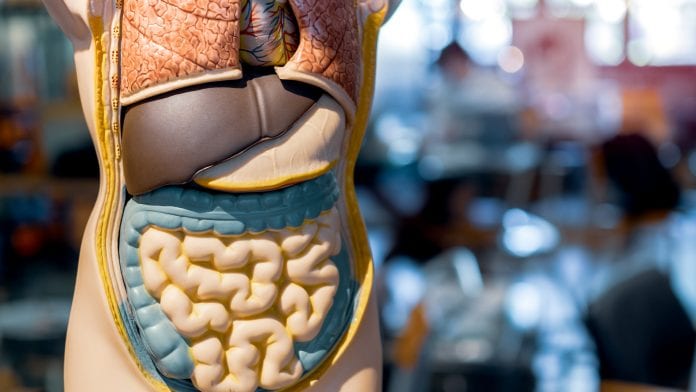
Researchers at the University of Basel, Switzerland have discovered a molecular approach preventing organ transplant rejection.
Organ transplant rejection is a major problem in transplantation medicine. Suppressing the immune system to prevent organ rejection, however, opens the door to life-threatening infections.
Engineered T cells
When an individual is confronted with ‘foreign’ material (i.e. viruses, bacteria or fungi), but also donor organs following transplantation, immune cells called T cells come into action to inactivate and destroy the ‘foreign’ material.
Professor Jean Pieters’ team at the Biozentrum of the University of Basel together with collaborating scientists have now described a way to selectively suppress the immune reaction of the body against the donor organ by modulating a protein known as coronin 1.
By blocking this protein in T cells, these immune cells do not attack the transplanted organ anymore.
However, the T cells continue to keep viruses, bacteria and fungal infections in check. These findings could potentially provide new approaches for reducing organ transplant rejection in the future.
Preventing organ rejection and still fighting infections
Coronin 1 is a protein that regulates T cells, which are essential for detecting and destroying invaders of the body. These T cells also recognize a transplanted organ as foreign. In a mouse model, the team has now been able to relate these graft rejections by T cells to coronin 1.
Rajesh Jayachandran, first author, explains: “By removing coronin 1, we observed that the T cells not only massively suppressed the immune response to the transplanted organ but even actively prevented its rejection.”
“At the same time, we were astonished that coronin 1-depleted T cells continue to fight infections.”
The new findings have essentially demonstrated a way of manipulating the body’s immune response by selectively suppressing the immune response of the host.
Whether these findings may result in the development of therapies to allow retention of transplanted organs while retaining the ability to fight infections remains a task for the future.






















